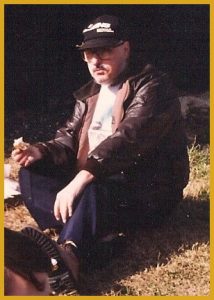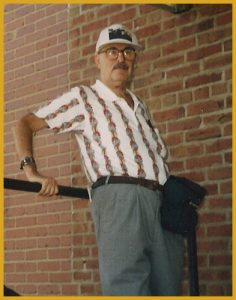
 John Henckel Emery – Philanthropist
John Henckel Emery – Philanthropist
1937-2012
The story of John Henckel Emery is the story of the westward expansion of the United States, the impact of the freedom of knowledge, and the story of how the rewards of free enterprise can be used for the good of society.
The Emery family emigrated west from New Jersey to Ohio, then to Kansas, paralleling the expansion of The United States during the 18th, 19th, and 20th centuries. In the 1770’s, John’s great great great grandparents were residents of Hunterdon, New Jersey. His great great grandfather was born in Clermont, Ohio, in 1814. His great grandfather and grandfather were born in Paola, Kansas, in 1838 and 1874, respectively. John’s father, William Marshall Emery, was born in Paola, Kansas, his mother, Margaret Henckel Emery, in Cleveland, Ohio. John Henckel Emery, was born was born April 1, 1937, in Chicago, Illinois.

As a boy, John grew up in Chicago, but he spent many summer days in Miami County, Kansas, visiting his aunt in Paola, who lived just a few houses down from the Paola Free Library. There, John would browse for many hours and he never forgot this powerful experience.
John graduated from New Trier Township High School, in Winnetka, Illinois, and from the University of Michigan, in Ann Arbor, Michigan. He was a leader of the Drum and Bugle Corps and was interested in ham radio.
One of John’s greatest pleasures was travel. He was a world traveler, visiting over 125 nations. An avid train and railway buff, abroad and in the United States, John rode the rails as often as possible.
Living in Chicago, John became a successful businessman, investor, and an accomplished writer. He became a great philanthropist, sharing his success by creating the Paola Free Library Foundation, the John Emery Youth Pageantry Fund, and the John Emery Rail Heritage Trust.
John Henckel Emery died peacefully on March 15, 2012 at the age of 75. His happy, successful life, and his philanthropic legacy has made a notable difference in the future of the Paola Free Library, the patriotic sense of his country’s youth, and the preservation of America’s railway history.